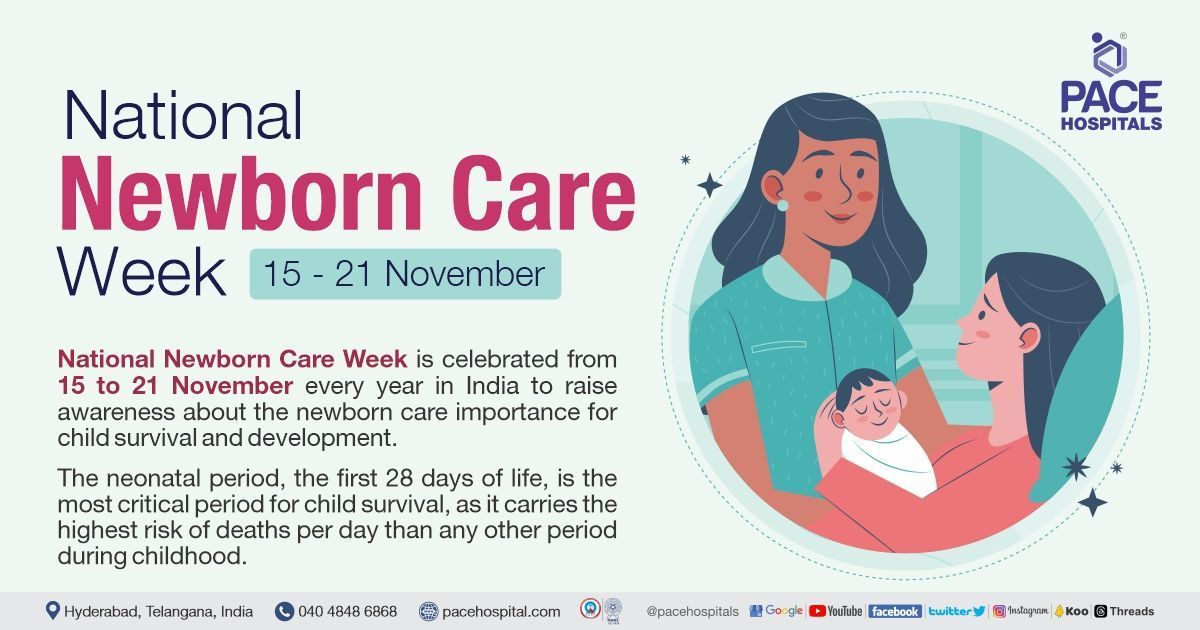Buzz Haven: Your Daily Dose of News
Stay informed and entertained with the latest buzz in news, trends, and insights.
Newborn Secrets Every Parent Should Know
Unlock the must-know secrets every new parent needs to thrive! Discover essential tips for a smoother newborn journey today!
Essential Tips for Soothing Your Newborn: Secrets Every Parent Should Know
Welcoming a newborn into your home can be both an exciting and challenging experience. To help you soothe your newborn, it’s essential to understand their needs and preferences. One effective method is to create a calming environment. This can be achieved by dimming the lights and minimizing noise, which can help your baby feel more secure. Additionally, consider practicing skin-to-skin contact. Not only does this promote bonding, but it also regulates your baby’s temperature and heart rate, making them feel more at ease.
Another secret every parent should know is the significance of establishing a comforting routine. Babies thrive on consistency, so try to implement a daily schedule that incorporates soothing activities like gentle rocking, swaddling, or playing soft music. Remember to pay attention to your baby’s cues; crying is their primary way of communicating discomfort or hunger. By responding quickly and appropriately, you can develop a sense of trust and security, ultimately leading to a more relaxed and happy baby.

What Every New Parent Should Know About Sleep Patterns and Newborn Care
As a new parent, understanding sleep patterns in newborns is crucial for both your baby's health and your own well-being. Newborns typically sleep between 14 to 17 hours a day, but their sleep is often broken into short periods of 2 to 4 hours. This is due to their need for frequent feedings and the development of their circadian rhythm, which does not fully form until they are around 3 to 4 months old. During this early stage, you might find that your baby is more alert at night and sleeps through the day. Keeping a consistent day-night cycle with light exposure and minimizing nighttime stimulation can help in establishing healthier sleep patterns.
The transition to parenthood can be overwhelming, especially when faced with the unique challenges of newborn care. In addition to sleep patterns, it’s essential to prioritize safe sleep practices to reduce the risk of Sudden Infant Death Syndrome (SIDS). This includes placing your baby on their back to sleep, ensuring a firm mattress free from soft bedding, and keeping the sleep environment at a comfortable temperature. Moreover, don't hesitate to reach out for support when needed; there are vast resources and communities available to help new parents navigate these early days. Remember, taking care of yourself is just as important as taking care of your newborn.
The Must-Know Secrets for Successful Feeding and Nutrition for Your Newborn
Successful feeding and nutrition for your newborn is crucial for their growth and development. In the first few months, exclusive breastfeeding is recommended as it provides essential nutrients and antibodies that strengthen your baby's immune system. If breastfeeding is not an option, iron-fortified formula is a suitable alternative. It's important to consult your pediatrician when choosing a feeding method to ensure it aligns with your baby's specific health needs and growth milestones.
Once your baby reaches about six months of age, it's time to introduce solid foods. Begin with pureed fruits, vegetables, and iron-rich cereals, gradually introducing a variety of textures and flavors. Always watch for signs of allergies and consult with your healthcare provider regarding the best feeding practices. Remember, the key to successful feeding is patience and flexibility; every baby is unique, and their nutritional needs may vary as they grow.